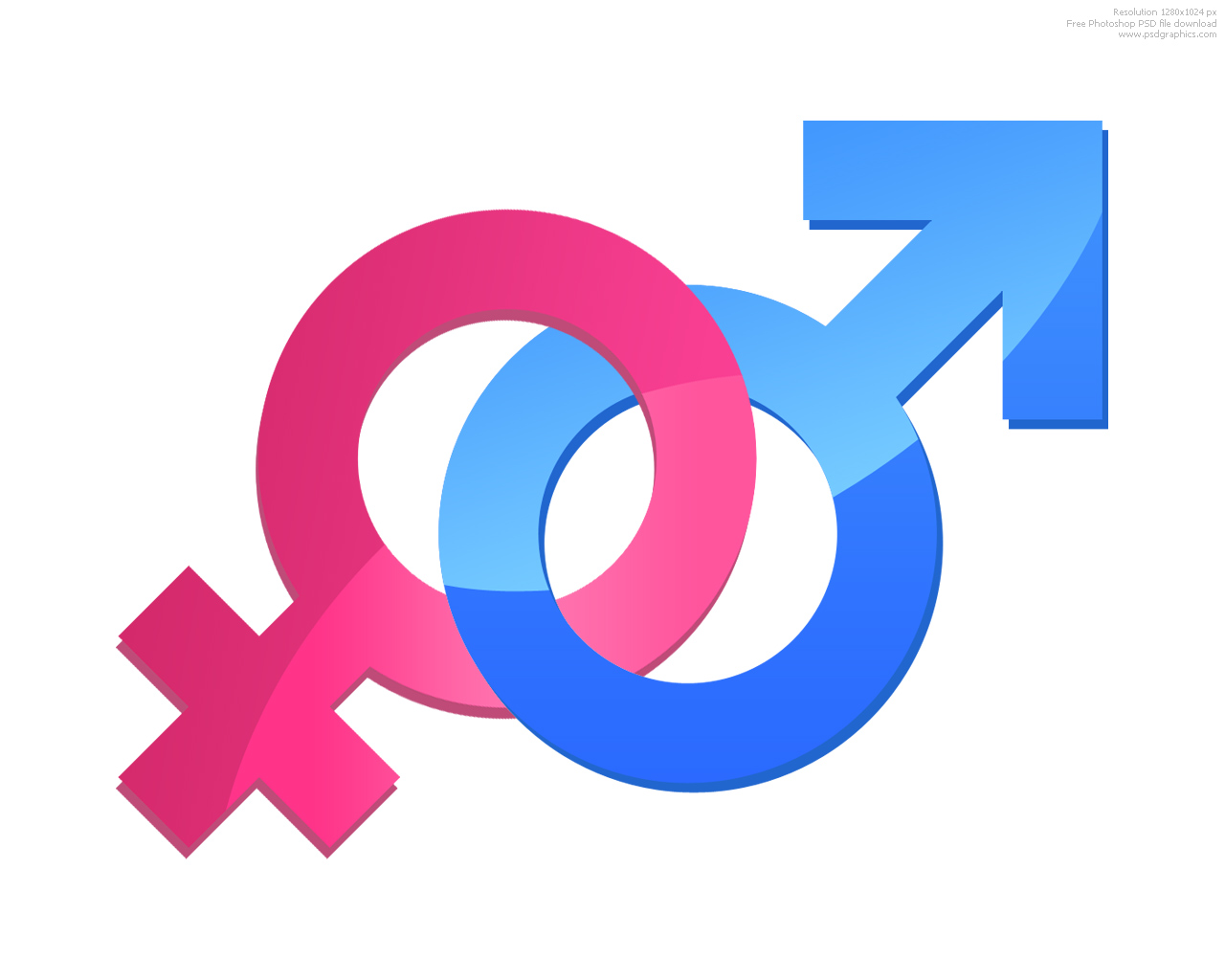 Recently, Target decided to end gender-coordinated toy sections in its stores. People seemed immediately to divide into camps based on whether this is A Heroic Victory For Equality Crusaders, or A Cowardly Capitulation To Political Correctness. My take on both those camps is: yes and no.
Recently, Target decided to end gender-coordinated toy sections in its stores. People seemed immediately to divide into camps based on whether this is A Heroic Victory For Equality Crusaders, or A Cowardly Capitulation To Political Correctness. My take on both those camps is: yes and no.
Readers may recall last Christmas when our dear President and his adoring fans managed to turn Toys for Tots into a self-conscious “preaching moment” — as though he weren’t aware that cameras were rolling and media eat this shtuff up with a spoon. Some of us, myself included, found it to be a rather obnoxious display of supposed moral superiority toward a charity that was just trying to have some order and make reasonably sure that a majority of kids would get something they liked. It wasn’t so much the principle as the heavy-handed way it all came off.
Concerning Target, as far as I can tell, a lot of parents are happy about the change. If it helps us move toward a healthy understanding of what the essence of boyhood or girlhood really is, great. I have a cousin who got quite a bit of peer flak when we were young for wanting to play with Barbie dolls. And why not? Why should there not be male and female characters in a child’s play-world, like there are male and female people in the world around them? He’s a young man now, and not ‘effeminate,’ certainly not more so than any of his brothers. When I got older, I was a bit disconcerted when I sported a pixie cut and a toddler had me instantly pegged as “he.”
On the other hand I cannot forget that, running parallel to the legitimate desire not to burden children with false limitations, there is a radical campaign based on the idea that sex differences are merely a social construct and that the body is just putty to be reshaped at will, not much harder to change than changing clothes if money’s no object. The latter is happy to piggyback on the former to get to its destination of genderless utopia. Target has done its small part to help further the goal of making men and women interchangeable, and of course make a buck.
For evidence of that, look no further than a UConn-Storrs speech clinic that helps men who think they are women learn to talk and gesticulate like women. Clients pay, but because it’s a state university, chances are good this endeavor is at least partly supported by tax dollars. One of the speech therapists notes, dryly: “There is tremendous irony in the fact that we use information based on stereotype to make people feel better about themselves.”
I was not at all shocked that most of their clients are men (incidentally, I’ve met women who could sing tenor, and men who could sing soprano; none of whom actually, really sound like the opposite sex when they talk). Many women will feel an instinctive snarl at this. “You kept us from voting, you used your strength and legal stature to abuse and violate us, now the kicker is you think you can get some implants, put on a dress and heels, have some talking lessons à la ‘My Fair Lady’ and be us?!” Yes, it’s supremely offensive. This is not to say the individuals in the class aren’t utterly earnest. It’s that if you need two and a half hours of instruction a week for years just to sound convincingly like a woman, shouldn’t that be a big clue that you ain’t one?
There are dyed-in-the-wool feminists who see the problem and recoil at this whole business. Some even grace the pages of the New York Times! Unfortunately, many are tarred with the label ‘transphobic,’ drowned out in a sea of affirmation that crushes dissent.
A fairly common backlash response goes like this:
Again, yes and no. Being a man or woman does have a lot to do with what’s in one’s pants, but it is much bigger than that. It may manifest in your upper body strength, whether you have a prominent Adam’s apple, or hereditary baldness. It has something to do with the way you metabolize medication or your tolerance for cold. It influences whether you are more likely to get osteoporosis or Parkinson’s disease. It’s etched into the way we’re shaped, the way we walk, and — clearly — the way we talk. Those who think the difference is easily boiled down either to genitalia or to social conditioning have to contend with a mountain of evidence to the contrary.
I’m glad we live in a society where guys can have long hair and ladies play basketball. When it comes to the deeper complexities of the dual human experience, at the end of the day, I still say vive la difference.


















